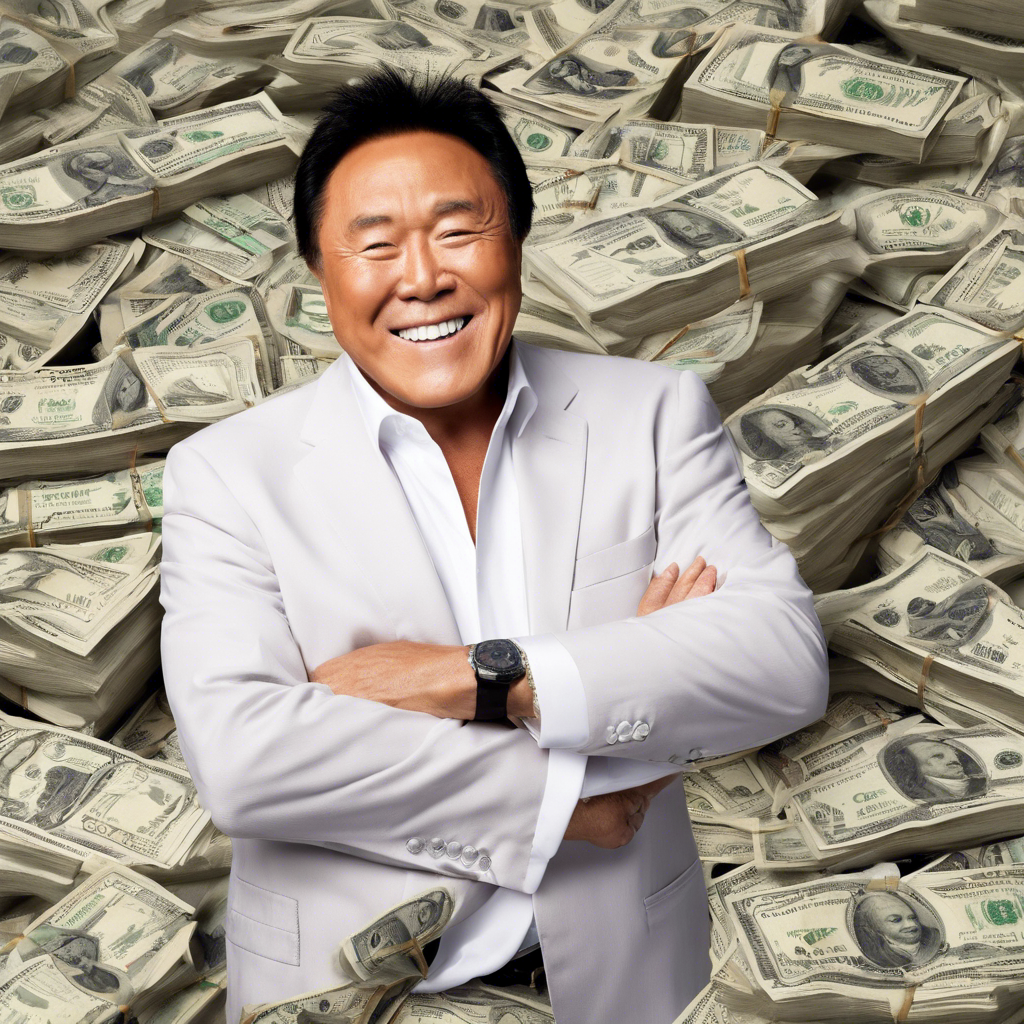Best-Selling Author Robert Kiyosaki Reveals Over $1 Billion in Debt, Defends Unconventional Approach

Kiyosaki argues that his debt is an investment in assets, not liabilities, and touts the benefits of “good debt” versus “bad debt.
Renowned personal-finance author and entrepreneur Robert Kiyosaki, famous for his best-selling book “Rich Dad, Poor Dad,” recently made headlines by disclosing that he has accumulated more than $1 billion in debt. In a candid Instagram reel, Kiyosaki defended his massive debt, asserting that it is not a cause for concern. According to him, his debt has been strategically utilized to purchase assets, a practice he distinguishes from using debt to acquire liabilities. This revelation has sparked a debate about the nature of debt and its role in personal finance.
The Concept of “Good Debt” vs. “Bad Debt”
Kiyosaki has long been an advocate for distinguishing between “good debt” and “bad debt.” He defines “good debt” as borrowing to invest in assets like real estate or business ventures, which generate income and contribute to long-term wealth. On the other hand, “bad debt” refers to borrowing for liabilities, such as luxury cars or unnecessary expenses that drain one’s finances. Kiyosaki’s philosophy centers around using debt strategically to build wealth rather than being burdened by it.
Debt as an Investment Strategy
Kiyosaki’s strategy involves leveraging debt to purchase income-generating assets. He believes that by using debt to acquire assets, he can benefit from appreciation and cash flow, ultimately increasing his net worth. In a recent interview, he explained that his debt is connected to his practice of converting cash earnings into tangible assets like gold or silver, which he believes will retain their value while the U.S. dollar fluctuates. Kiyosaki dismissively referred to the dollar as “toilet paper,” emphasizing his lack of faith in traditional currency.
Unconventional Investment Recommendations
In line with his unique views on wealth, Kiyosaki has consistently challenged traditional investment norms. He has advised his followers that “cash is trash” and has expressed distrust in the U.S. dollar, referring to it as “fake.” Instead, he has recommended investing in alternative assets such as precious metals, bitcoin, or even Wagyu cattle. Kiyosaki’s investment choices reflect his belief in diversification and hedging against potential economic crises.
Controversies and Criticisms
While Kiyosaki’s financial advice has garnered a massive following, his empire has not been without controversy. His company, Rich Global LLC, filed for bankruptcy in 2012 following a legal dispute. Critics have accused his seminars of failing to deliver on promises to help attendees build wealth. Additionally, Kiyosaki faced backlash and calls for a boycott of his book after a tweet related to the Black Lives Matter movement in 2020. These controversies have raised questions about the credibility of his financial teachings.
Economic and Political Perspectives
Kiyosaki’s unconventional financial views are often intertwined with his political beliefs. He has been vocal about what he perceives as the decline of the United States, warning of an impending market crisis and describing it as “the end of an empire.” His extreme political stances, including adopting right-wing-media talking points and calling for the impeachment of President Joe Biden, have further polarized opinions about his credibility and the relevance of his financial advice.
Conclusion:
Robert Kiyosaki’s admission of over $1 billion in debt has ignited a debate about the role of debt in personal finance. While traditional financial wisdom often warns against excessive debt, Kiyosaki argues that his debt is an investment in assets, not liabilities. His philosophy of leveraging “good debt” to acquire income-generating assets challenges conventional norms. However, controversies surrounding his business practices and political affiliations have raised questions about the credibility of his financial teachings. Ultimately, Kiyosaki’s unconventional approach serves as a reminder that personal finance strategies can vary significantly, and individuals must carefully evaluate their own risk tolerance and financial goals.

